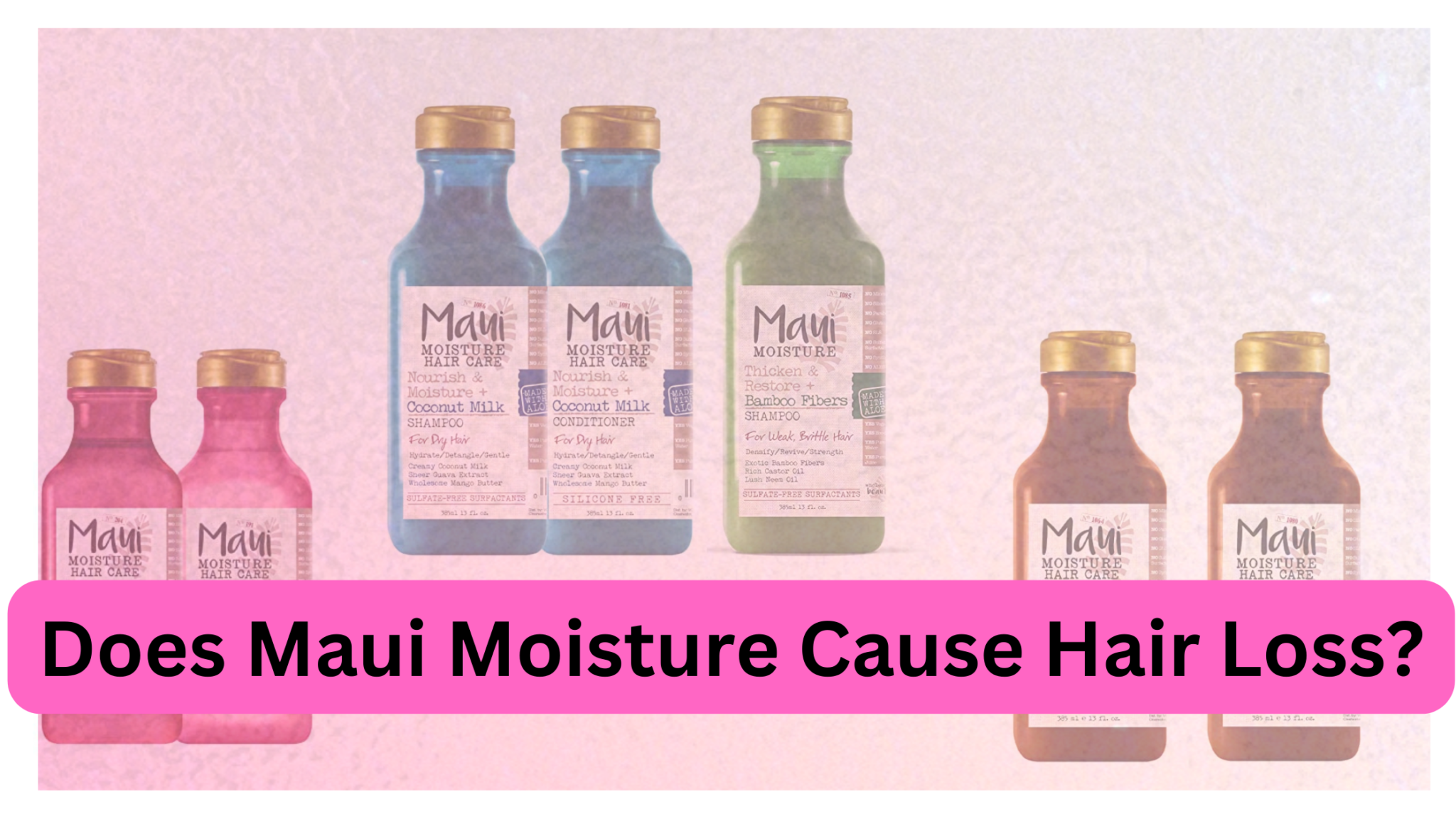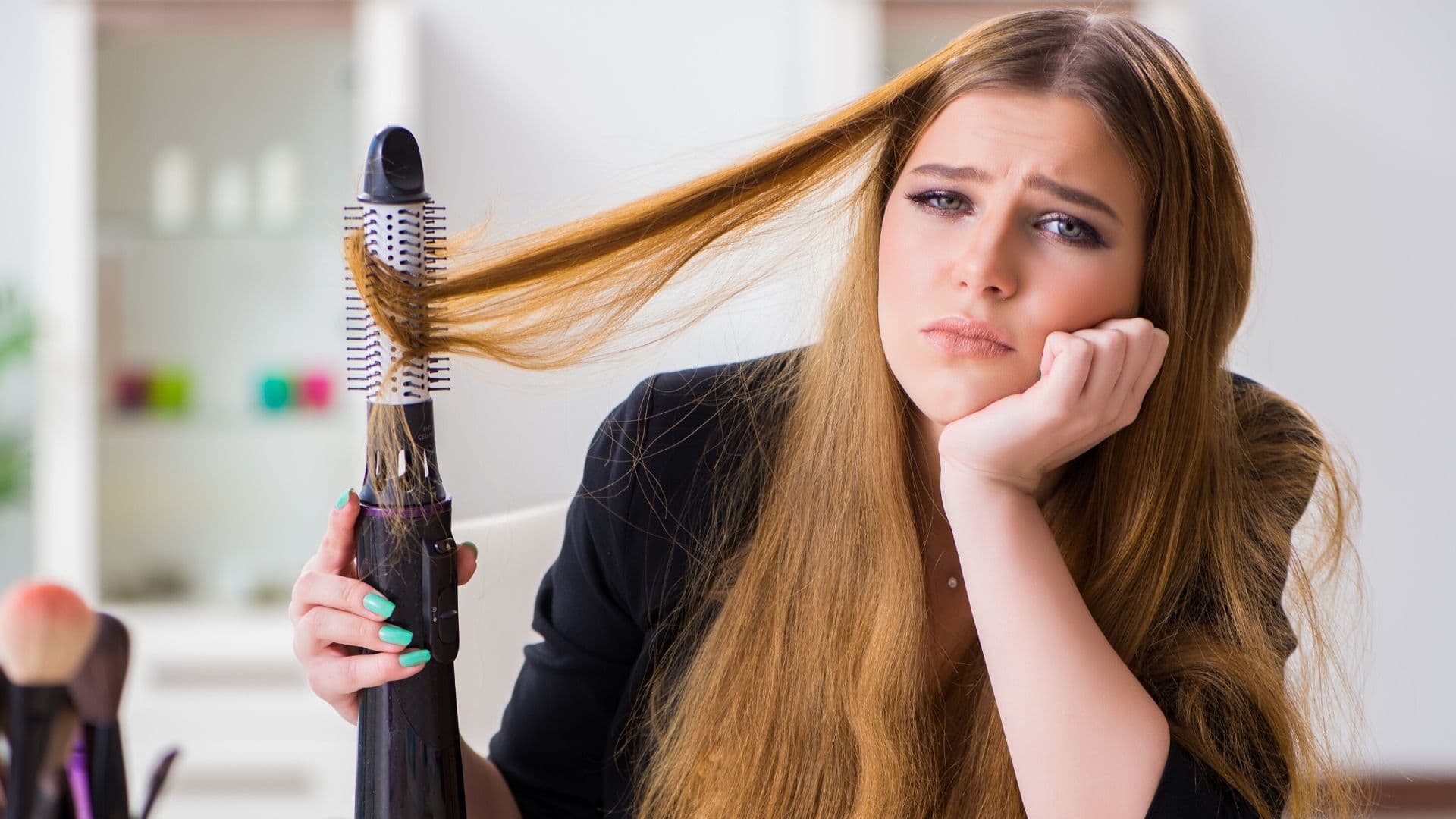Do Bump Stoppers Cause Hair Loss? A Comprehensive Guide
Many individuals wonder whether the use of bump stoppers can lead to hair loss. As these protective devices grow in popularity, it's crucial to explore their potential effects on scalp health and hair growth. Whether you're already using a bump stopper or considering one, this article will provide you with valuable insights into its impact on your hair.
The prevalence of bump stoppers has surged, especially among people who frequently experience scalp bumps or injuries. A common concern arises: do bump stoppers cause hair loss? This is a valid question, as hair loss can profoundly impact self-confidence and overall well-being. In this article, we will delve into the science behind bump stoppers and their connection to hair health, offering you a clearer understanding.
Our aim is to deliver evidence-based information so you can make well-informed decisions regarding bump stopper products. Whether you're a parent seeking solutions for your child or an adult looking to safeguard your scalp, this guide will comprehensively address your concerns.
Read also:Comprehensive Guide To Movierulz 2023 Download Safety Legality And Alternatives
What Are Bump Stoppers?
Bump stoppers are protective devices crafted to prevent scalp injuries, particularly beneficial for children and adults prone to frequent falls. These products are typically constructed from soft, flexible materials like silicone or foam, ensuring both comfort and effective protection. They are usually worn around the head to cushion impacts, minimizing the likelihood of bruising or cuts.
Common Uses of Bump Stoppers
- Protecting toddlers and infants as they learn to walk
- Providing additional safety for elderly individuals with balance issues
- Minimizing injury risks for people participating in high-impact activities
- Offering reassurance to caregivers and parents
Can Bump Stoppers Cause Hair Loss?
Among the most frequently asked questions about bump stoppers is whether they contribute to hair loss. Hair loss can stem from various factors, such as genetics, hormonal fluctuations, stress, and external irritants. Although bump stoppers themselves are not inherently harmful, improper use or certain product characteristics might affect scalp health.
Factors like friction, pressure, and the material composition of the bump stopper can influence hair growth. If the device is excessively tight or made from materials that irritate the scalp, it could result in temporary hair shedding. However, this is typically reversible once the source of irritation is eliminated.
How Bump Stoppers Impact Scalp Health
The scalp is a sensitive area that requires proper care for healthy hair growth. When using a bump stopper, it's essential to ensure the product doesn't disrupt the scalp's natural environment. Below are some critical considerations:
Friction and Pressure
Continuous friction or excessive pressure from a bump stopper can lead to traction alopecia, a condition characterized by prolonged tension on hair follicles. To prevent this, opt for bump stoppers that fit comfortably and do not pull on the hair.
Material Composition
The materials used in bump stoppers can significantly impact scalp health. Some individuals may experience allergic reactions or irritation from certain fabrics or chemicals in the product. Choosing bump stoppers made from hypoallergenic and breathable materials can help minimize adverse effects.
Read also:Exploring The World Of Kannada Movies A Comprehensive Guide To Legal And Ethical Viewing
Understanding the Causes of Hair Loss
Before attributing hair loss to bump stoppers, it's important to understand the various causes of this condition. Hair loss can be categorized into several types, including:
- Androgenetic alopecia (genetic hair loss)
- Telogen effluvium (stress-induced hair shedding)
- Alopecia areata (autoimmune-related hair loss)
- Traction alopecia (mechanical hair loss due to tension)
By identifying the underlying cause of your hair loss, you can determine whether a bump stopper is contributing to the issue or if other factors are involved.
Steps to Prevent Hair Loss While Using Bump Stoppers
If you need to use a bump stopper but are worried about potential hair loss, there are several measures you can take to protect your scalp and hair:
Choose the Right Product
Look for bump stoppers specifically engineered to minimize friction and pressure on the scalp. Products with adjustable straps and soft padding are often more comfortable and less likely to cause irritation.
Maintain Proper Scalp Hygiene
Regularly washing your hair and scalp can prevent the buildup of sweat, dirt, and oils beneath the bump stopper. This practice helps maintain a healthy scalp environment and reduces the risk of infections or irritation.
Monitor for Signs of Irritation
Be vigilant for any redness, itching, or discomfort while wearing the bump stopper. If you notice these symptoms, stop using the product and consult a dermatologist for further evaluation.
Expert Opinions on Bump Stoppers and Hair Loss
Dermatologists and hair specialists generally agree that the link between bump stoppers and hair loss is minimal when the products are used correctly. Dr. Sarah Johnson, a respected dermatologist, notes, "While bump stoppers aren't a direct cause of hair loss, improper use or poor product quality can lead to temporary scalp irritation and hair shedding." She underscores the importance of selecting high-quality, well-fitted bump stoppers to reduce risks.
Scientific Studies on Bump Stoppers and Scalp Health
Several studies have examined the effects of protective headgear, including bump stoppers, on scalp health and hair growth. A study published in the Journal of Dermatology revealed that participants who wore well-fitted, breathable bump stoppers experienced no significant changes in hair density or scalp condition. In contrast, those who used poorly designed products reported increased scalp irritation and temporary hair shedding.
Key Findings
- Well-fitted bump stoppers do not significantly affect hair growth
- Improperly fitted devices can cause scalp irritation and temporary hair loss
- Material composition plays a vital role in scalp compatibility
Alternatives to Bump Stoppers
If you're concerned about the potential effects of bump stoppers on your hair, consider alternative solutions:
- Soft helmets tailored for toddlers and elderly individuals
- Protective headbands with minimal contact points
- Custom-fitted headgear designed to meet individual needs
These alternatives provide similar protection while reducing the risk of scalp irritation and hair loss.
How to Address Hair Loss Concerns
If you notice signs of hair loss while using a bump stopper, it's crucial to address the issue promptly. Below are steps you can take:
Consult a Dermatologist
A dermatologist can assess your scalp and hair to identify the underlying cause of your hair loss. They may recommend treatments such as topical medications, supplements, or lifestyle changes to encourage hair regrowth.
Adjust Your Bump Stopper Usage
Try adjusting the fit of your bump stopper or switch to a different product. Ensuring a proper fit and using high-quality materials can significantly reduce the risk of scalp irritation and hair loss.
Conclusion
In summary, bump stoppers are not a direct cause of hair loss when used appropriately. However, factors such as friction, pressure, and material composition can contribute to temporary scalp irritation and hair shedding. By selecting the right product, maintaining proper scalp hygiene, and monitoring for signs of irritation, you can mitigate the risks associated with bump stoppers.
We invite you to share your thoughts and experiences in the comments section below. Feel free to explore other articles on our website for more information on scalp health and hair care. Together, let's foster informed decision-making and promote healthier lifestyles!
Table of Contents
- What Are Bump Stoppers?
- Can Bump Stoppers Cause Hair Loss?
- How Bump Stoppers Impact Scalp Health
- Understanding the Causes of Hair Loss
- Steps to Prevent Hair Loss While Using Bump Stoppers
- Expert Opinions on Bump Stoppers and Hair Loss
- Scientific Studies on Bump Stoppers and Scalp Health
- Alternatives to Bump Stoppers
- How to Address Hair Loss Concerns
- Conclusion
Article Recommendations


